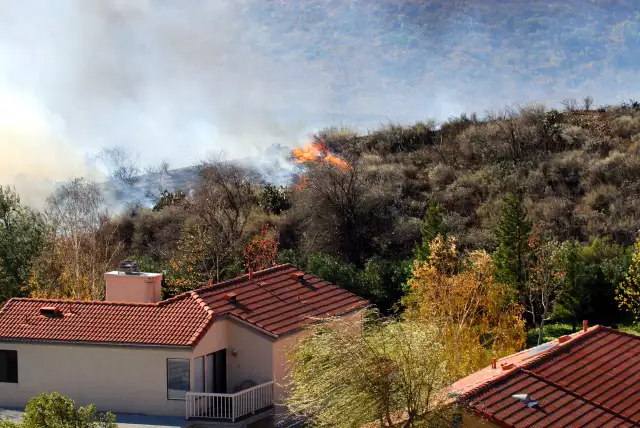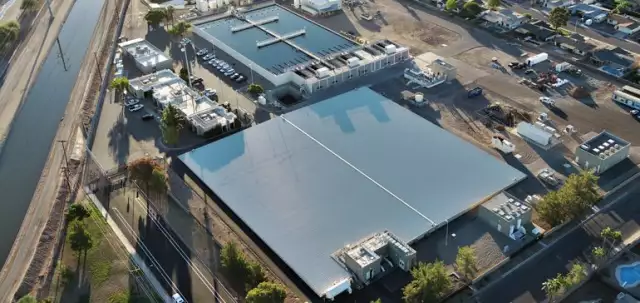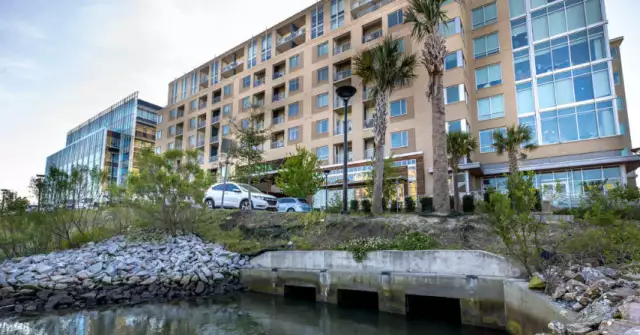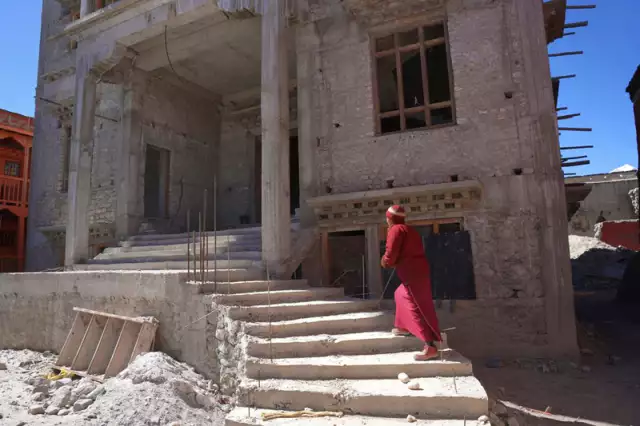Climate change protections found in over half of state LIHTC plans
Climate change protections found in over half of state LIHTC plans
More than half of state low-income housing tax credit programs have provisions for climate change-resistant features in apartment buildings, according to a new Freddie Mac report..
The most common are for hazard-resistant features, which 33 states have. Also, 27 states have recovery provisions, and 17 have both, the government-sponsored enterprise found. (Freddie Mac included Washington, D.C. in its state count in some cases.)
The report is in line with efforts by the government-sponsored enterprise’s regulator to better define the extent to which climate change could affect Freddie’s mission-related goals. It’s also in line with broader mortgage industry efforts to quantify the risk natural disasters pose to large counterparties like Freddie, and collateral properties in servicers’ portfolios.
“Our findings highlight a variety of property-level measures that may help multifamily properties mitigate disaster risk and improve recovery,” Corey Aber, vice president of mission, policy and strategy for Freddie Mac’s multifamily division, said in a press release.
Freddie found eight state qualified allocation plans for LIHTC programs which address drought risk: Arizona, California, Idaho, Nevada, Oklahoma, South Dakota, Texas and Wyoming. Each of these state’s plans included provisions for either xeriscaping (a low moisture landscaping method), water-efficient appliances, use of reclaimed water for irrigation, or some combination thereof.
Two states make reference to wildfire protections in their specifications. Arizona recommends certain design principles related to mitigating the risk in areas where it’s elevated, and California suggests fire-retardant window coverings.
Flood risk is addressed by seven states. Iowa, Texas and West Virginia require finished floor elevations one or two feet above 100-year floodplains. Wyoming disallows properties in 100-year floodplains. Arkansas penalizes properties with floodplain proximity. Louisiana and Texas require compliance with federal flood rules. Delaware and Texas recommend local flood mitigation steps like stormwater management.
Alabama, Connecticut, Mississippi and Oklahoma have some provisions aimed more specifically at storm risk. All of these states except Connecticut have provisions for shelters, doors and windows designed to withstand storms. Connecticut has provisions aimed at addressing the possibility power and water might not be available during a storm.
In addition, a large number of states make reference to requiring or recommending Enterprise Green Communities certification of sustainability in affordable housing structures.
Freddie is one of two GSEs that support a large number of apartment and single-family home loans in the United States through secondary-market support for mortgages, tax credits and other housing programs.
The LIHTC program has helped finance 3.6 million affordable housing units since 1987. The credits provide federal tax relief and can be sold to obtain funds. Properties must comply with LIHTC requirements for at least 30 years.






